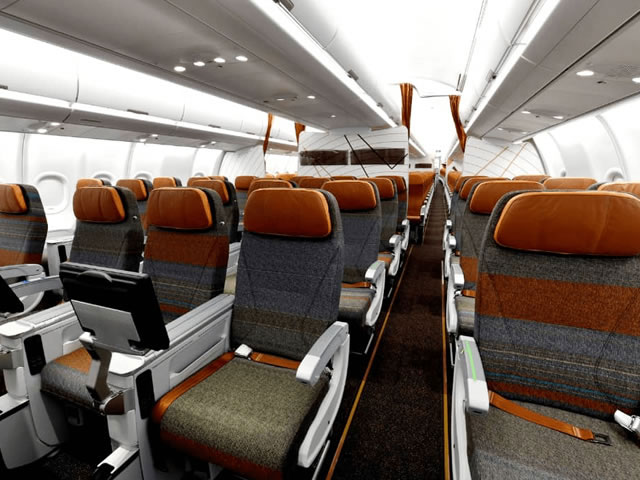
AVIATION DIGEST | JARED KALERA | In my last article last month Preparing for Air travel, we talked about the initial preparatory steps for air travel.
I now wind up with a second segment on the same subject – travel preparation.
COVID pandemic
Nothing has changed air travel like the COVID-19 pandemic. Aviation strategists have been up and about engineering solutions on how to ensure the aviation industry is up and running.
While several countries are now easing restrictions, for the traveler, the intricacies of air travel have more than doubled. In this regard, having a vaccination card is a must. Most destinations now will require that whoever you are. The rather embarrassing episodes of world tennis star Novak Djokovic being deported from Australia after 11 days following two visa cancellations, two court challenges and five nights at an immigration detention hotel are proof of this.
Even if vaccinated, authorities in different countries will insist on a 3 day PCR test . Therefore it’s important for you to research well about the restrictions and requirements of each destination to avoid unnecessary embarrassment.
Take advantage of free hotel PCR tests given to entice more hotel guests .
Remember at some destinations, you may be required to sign an attestation to confirm the information you have given about your health condition and history.
It’s also important to have carry on cash for the unexpected change in requirements. Some destinations may require that you go Into quarantine. These may be extra costs for you.
Other travel requirements may include hand sanitizers, wet wipes to clean any surfaces, masks, and necessary medication for taming of any symptoms.
It’s important to talk to your airline before travel booking. Different airlines have different standards.
Health and Hygiene
One of the health issues when flying is dehydration. At an altitude of 30,000 feet , humidity in the cabin is only 12%,the air is really dry. This means your throat will dry. Your skin too.
The mucus in your nose helps protect you from infection. However in an enclosed cabin for hours without it, you are bound to get infected. While as we said in my earlier article, the air in the cabin is changed at least 6 times in an hour, this is still not good enough.
Therefore take lots of water before the flight. Remember to carry an empty water bottle that you can always fill up whenever you want to. Kindly ask the cabin crew to fill up your water bottle and they will gladly do it.
You are better off going to the toilets several times after taking lots of water during the flight than arriving with a patchy dry skin.
Remember to carry a lotion to always apply for a moisturizerised skin.
Avoid drinking alcohol, coffee and strong tea before flying. These dehydrate your body and your speed of getting tipsy is faster while flying than at sea level.
Always wear loose open shoes and socks. Sitting for hours in one place may cause Deep Vein Thrombosis leading to blood clots and swelling feet.
Avoid foods that cause gas in the stomach. At 30,000 feet your stomach expands 25% . Planes try to mimic the conditions of the earth up to just 75% . Air pressure will always be lower than at sea level. Therefore you may feel as if you have no oxygen leading to hypoxia , dizziness and headache.
Jet lag is caused when your brain gets tired due to the confusion created as the plane flies. While the ears and body feel you are moving, the eyes don’t see movement when at 30,000 feet. The different time zones too contribute to the tiredness. Hence the confusion and extra work by the brain to demystify the puzzle especially with little oxygen to go with.
A pain killer and keeping your self as relaxed as possible can help. Lots of water and short walks in the cabin are a remedy.
Finally but not exhaustively, travel insurance.
While we shall have a whole article on travel insurance, it’s important to prepare for this. You insure your self for medical care, canceled trips. This comes in handy especially when in a place you not familiar with. The insurance cover will have catered for the type of medical intervention you will require if any.
*******
 Jared is an aviation researcher and trained motor rally safety official. He is the General Manager Legal Compliance and Human Resource, Muttico Technical Services Ltd and co director at Amputee Self Help Network Uganda.
Jared is an aviation researcher and trained motor rally safety official. He is the General Manager Legal Compliance and Human Resource, Muttico Technical Services Ltd and co director at Amputee Self Help Network Uganda.
 The Independent Uganda: You get the Truth we Pay the Price
The Independent Uganda: You get the Truth we Pay the Price


